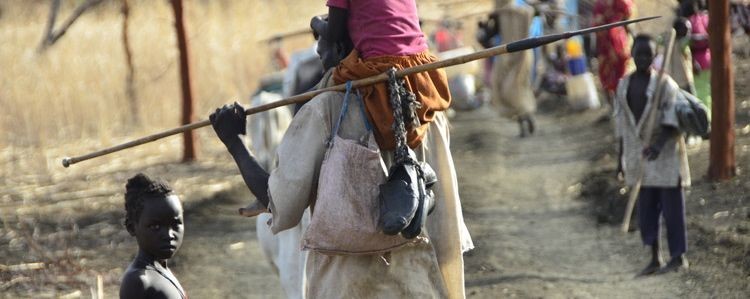Market prices have risen and harvests have been poor in parts of southern Blue Nile State under the control of SPLA-North, a rebel movement fighting the Sudanese government since 2011.
Much of the civilian population of these areas has fled to refugee camps in neighboring South Sudan or Ethiopia, while others have remained behind. Dry season food shortages may result in increased displacement to neighboring areas.
According to a recent aid assessment, most households in these Blue Nile areas have already consumed the production from their gardens and are starting to rely on wild foods, a “very negative indicator for food security in these areas.”
Households lost crops owing to unusually heavy rainfall throughout October, which flooded gardens and farms.
Since August local civil society and humanitarian sources have been reporting higher levels of food insecurity than expected in Wadaka, Chali Alfil and Yabus, with increasing reliance on wild foods.
Meanwhile, flooding of the Yabus River and other waterways in South Sudan has cut off roads, restricting the flow of trade from Ethiopia and South Sudan. Markets have run out of items such as sorghum, salt, oil and flour, while cereals have increased in price significantly.
There has been no fighting reported recently in Blue Nile, only reports that the Sudanese army has mobilized forces towards Kurmuk town, Bau and Tadamon counties.



